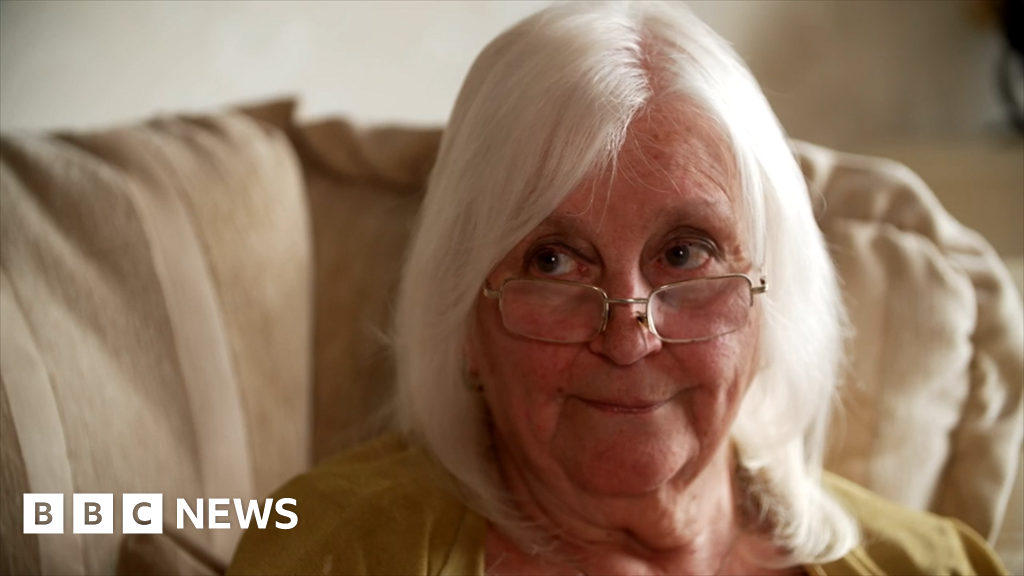Sue said that in the first week, John “used to message me every day”.
“The second week, it went quiet for two days and then he popped back up and said that he’d been mugged and he’d been shot in the leg. He’d been taken to hospital.”
Sue checked the name of the hospital online, which did exist.
“He contacted me from his hospital bed and said that he hadn’t eaten for two days,” she said.
“He said, could I send him £100 in gift cards so that he could get something to eat.”
She told him she was not prepared to send him any money.
“He then also said he couldn’t pay his hospital bills and I just said I’m sorry I can’t.”
Suspecting something was wrong, she contacted BBC Morning Live.
Det Insp Kerry Skingle, from Staffordshire Police, warned that fraudsters commonly seek out vulnerable people online with the intention of befriending them for money.
“They go to great lengths to gain their trust and convince them that they are in a genuine relationship, with the ultimate aim of defrauding them out of their hard-earned money,” she said.

